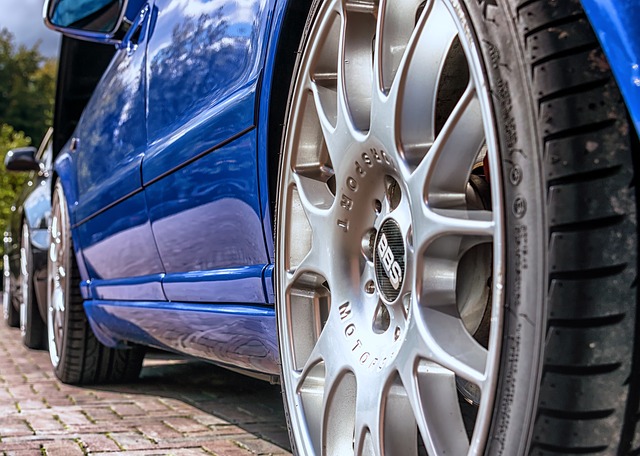Pros and Cons of Choosing Alloy Wheels
15th Oct 2020

Why Choose Alloy Wheels
If you're looking to buy new wheels for your vehicle, you might be wondering whether alloy wheels are a smart investment. Most wheels are made of either stainless steel or alloy. Stainless steel, of course, is an iron alloy that's characterized by the use of chromium to protect against corrosion. Alloy, on the other hand, is an aluminum and magnesium alloy.
To determine whether or not alloy wheels are the right choice for your vehicle, you must weigh their pros and cons. Below are some of the top advantages and disadvantages of choosing alloy wheels.
Pros of Alloy Wheels
Many drivers prefer the look of alloy wheels over stainless steel wheels. They have a naturally sleek and lustrous appearance that stands out. Stainless steel wheels are also stylish, assuming you choose the right brand and type, but they don't have this same lustrous appearance.
Another benefit of choosing alloy wheels is less wear and tear of your vehicle's suspension. Alloy weighs less than stainless steel. With their lightweight construction, alloy wheels won't place as much strain on your vehicle's suspension as stainless steel wheels.
The lightweight construction of alloy wheels means they promote better fuel efficiency. Your vehicle will consume less fuel, albeit a small amount, if you choose alloy wheels.
Cons of Alloy Wheels
Alloy wheels are typically more expensive than stainless steel wheels. Some of them can cost up to twice as much as steel wheels of the same size. If you're on a tight budget, you may want to choose stainless steel wheels, instead.
Because they are made of aluminum and magnesium, alloy wheels aren't as durable as their stainless steel counterparts. Driving a pothole could scratch or even crack your vehicle's alloy wheels. Stainless steel wheels are virtually immune to cracking. You can scratch them, but you generally can't crack them from everyday driving.
Alloy wheels are also more difficult to repair than stainless steel wheels. Stainless steel wheels can't crack. They can, however, bend under pressure. If one of your vehicle's stainless steels wheels is bent, you may be able to knock the underside with a mallet to push the dent back out. Alloy wheels can't be knocked back into place.
As you can see, alloy wheels have both pros and cons. They are sleek and stylish, lightweight and promote better fuel efficiency. Conversely, alloy wheels are more expensive and difficult to repair than stainless steel wheels.

